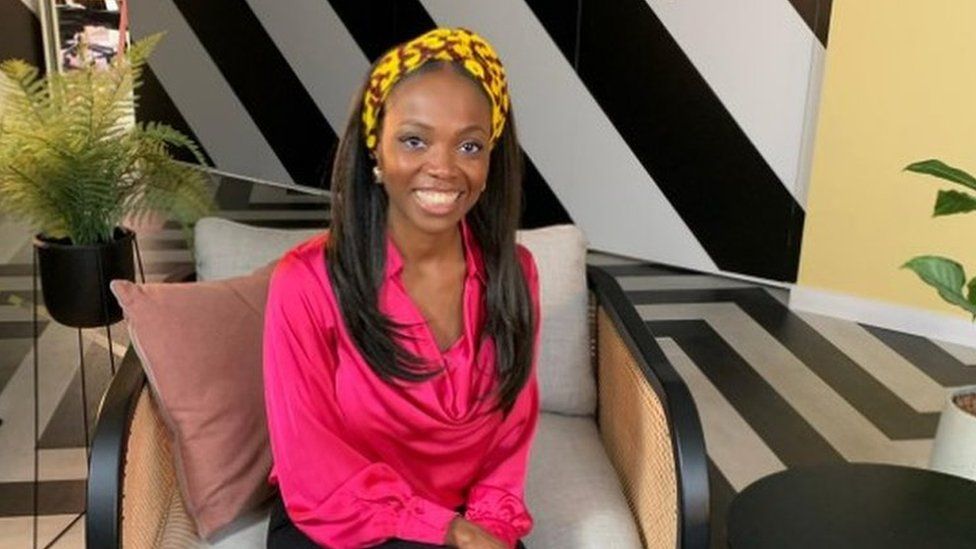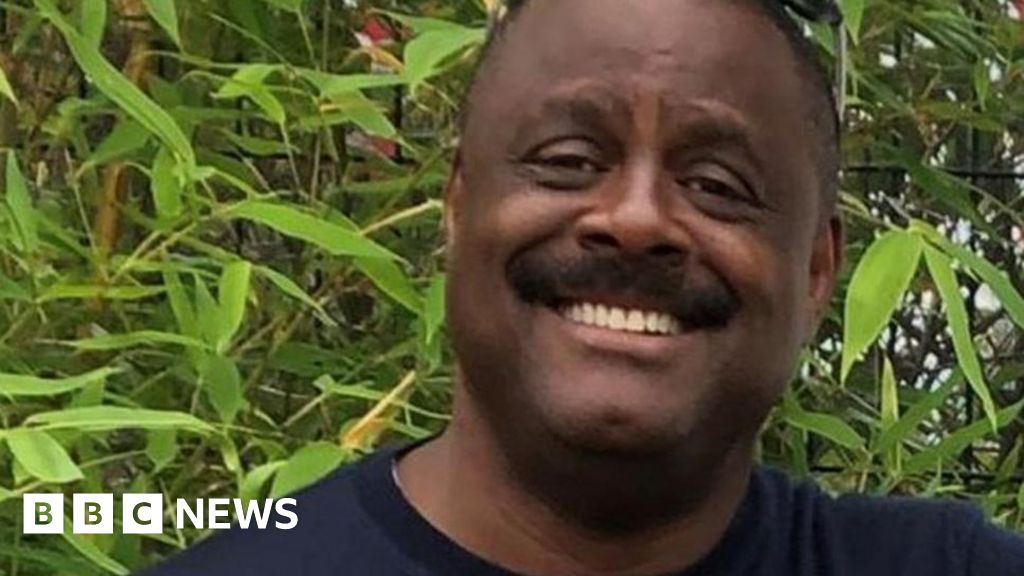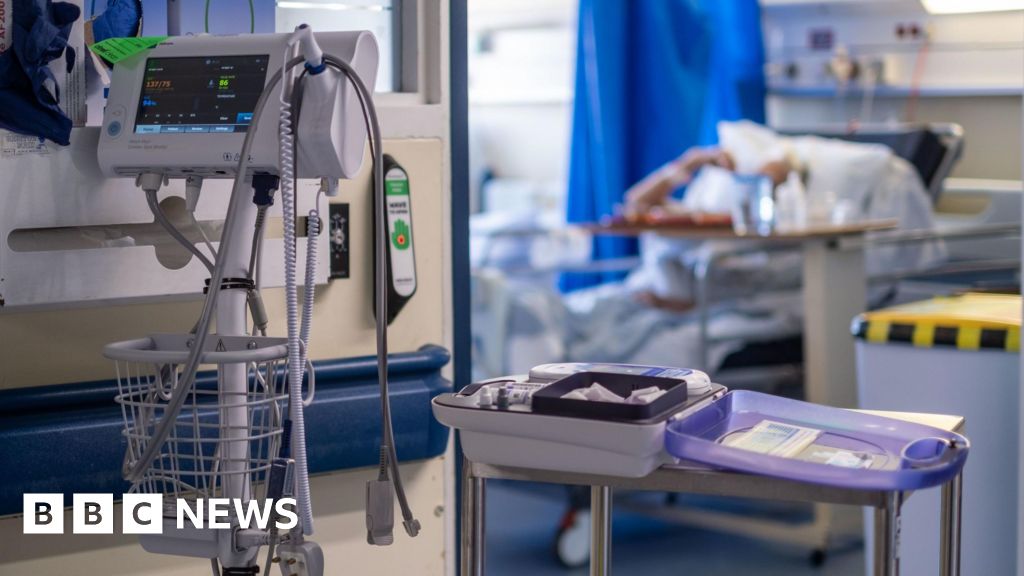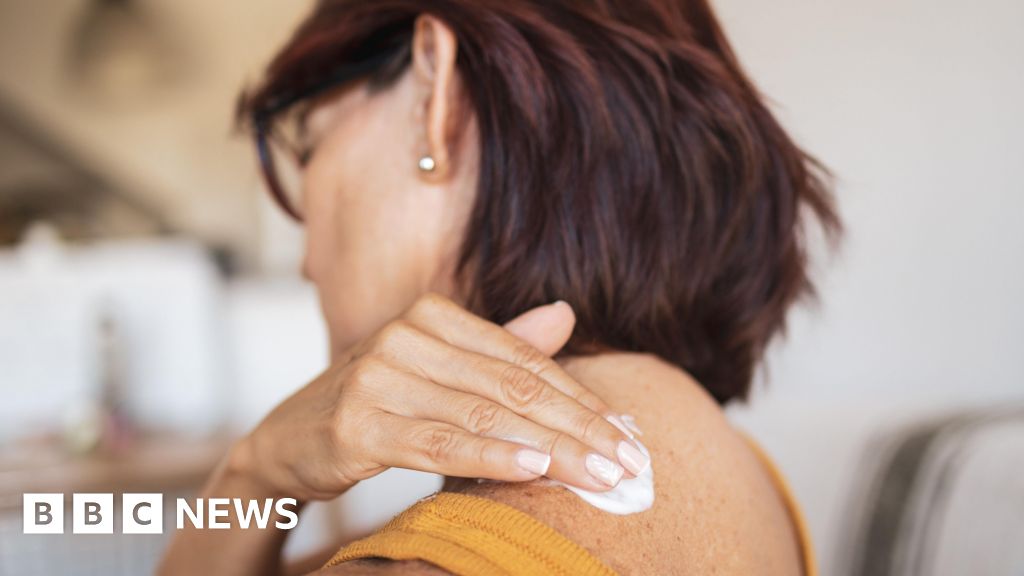ARTICLE AD BOX
 Image source, Dr Azia Sesay
Image source, Dr Azia Sesay
Dr Azia Sesay aims to educate women through social media use
By Jenny Rees
BBC Wales health correspondent
Doctors are warning that embarrassment about naming parts of the female anatomy is putting women's health in jeopardy.
Dr Aziza Sesay said the hyper-sexualisation of women's bodies and anatomy "perpetuates the taboo, stigma and embarrassment".
She said it could lead to women not getting the medical help they need.
There is also concern that children who are taught euphemisms could be taken less seriously if they are abused.
NHS GP Dr Sesay creates social media content to help educate women and break down barriers around language, but says doing so can be challenging.
She said: "I've experienced censorship because as soon as you spell the word vulva, vagina or clitoris clearly in your caption, be prepared to not have much engagement because the algorithm automatically assumes that it's something inappropriate or pornographic."
Even simple line drawings of the female anatomy can be given a "sensitivity cover" online - where people are warned the image might be "graphic or disturbing" before they can view it.
Dr Sesay added: "Your 'lady bits' - your vulva, your vagina, your clitoris, your labia, your inner labia, your outer labia - is nothing to be ashamed of.
"It's just part of your normal anatomy, just like your head, shoulders, knees, and toes."
She said a lot of women's health conditions are often considered benign - meaning they're not life-threatening - but that she disliked the term as it minimised "how much it will affect someone's life".
Non-urgent care suffered following the pandemic, with increasing numbers of people waiting years to be seen.Since summer 2022 the picture has improved, with just under 8,000 women currently waiting more than a year for their first gynaecology appointment in Wales - though there has also been a rise in paying for care.
Dr Sesay is one of a number of women's health specialists who are due to appear at Cardiff's Everywoman Festival on 24 June, where topics will range from periods to menopause.
Dr Michelle Olver, an NHS consultant in sexual and reproductive health and menopause specialist who will also be speaking at the festival, said it was not only patients who can feel awkward with language.
Image source, Dr Azia Sesay
Image caption,Dr Azia Sesay says embarrassment over words for the female anatomy can pose a risk to women's health
"One of the symptoms of the peri-menopause and the menopause is vaginal dryness, vaginal itching and reduction in libido, and they are all heavily intertwined," said Dr Olver, who works for Aneurin Bevan health board in south east Wales.
"Women who have very sore vaginas are not going to want to have sex.
"But there are studies to suggest that healthcare professionals find it difficult to discuss sexual intercourse and exactly where in the vagina it hurts.
"To be quite graphic sometimes is actually helpful for the patient. So if we, as healthcare professionals, are struggling to talk about sexual function it's going to be very difficult for women to come forward to discuss these things."
She said lot of her work aimed to break down that stigma with healthcare professionals.
'It's really key for my daughters'
The festival is the brainchild of colorectal surgeon, Julie Cornish, who works for Cardiff and Vale health board.
She said "embarrassing" symptoms are all too often never discussed.
"It's not uncommon to see patients who waited 10, 15 years with symptoms," she said. "It's got to the point where they've had to stop working, or their relationship has broken down.
"People retire early, they stop working or stop socialising. And that delay often means it's more severe. They might need surgery rather than simple physiotherapy, dietary tricks or modifications that could've worked so easily early on."
Image source, Julie Cornish
Image caption,Julie Cornish has created a festival aimed at empowering women to speak openly about their health
The festival is her way of opening up those conversations, though she added that alongside confidence in raising issues was the need to develop services.
"I think that in certain groups in society there's definitely been empowerment and a willingness to speak up and say 'I'm not happy with this, I want help'," she said.
"But there are definitely communities within Wales where it's still an issue. It's still a barrier.
"I'm really passionate about the subject. It's really key for my daughters.
"Going forward I want them to be able to live in a world where they can have the conversations. Where they can have access to services and don't accept a poor quality of life."

 2 years ago
59
2 years ago
59








 English (US) ·
English (US) ·